Colorado Springs, late 1970s. Ron Stallworth, an African American police officer, and Flip Zimmerman, his Jewish colleague, run an undercover operation to infiltrate the Ku Klux Klan. BlacKkKlansman is a […]
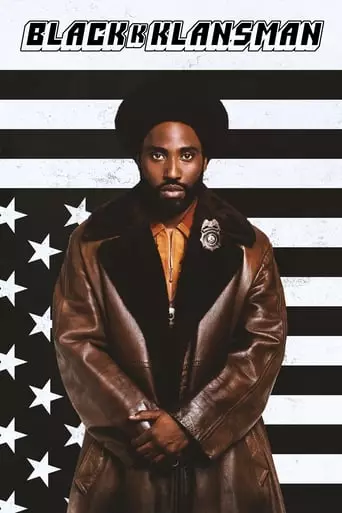
Colorado Springs, late 1970s. Ron Stallworth, an African American police officer, and Flip Zimmerman, his Jewish colleague, run an undercover operation to infiltrate the Ku Klux Klan. BlacKkKlansman is a […]
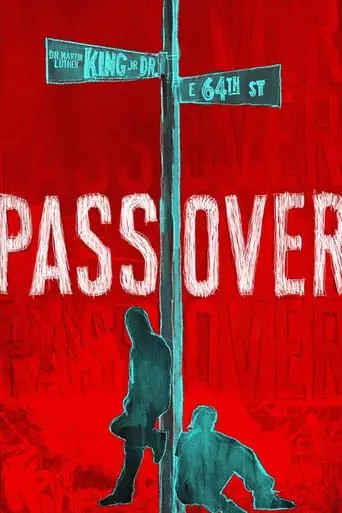
Moses and Kitch, two young black men, chat their way through a long, aimless day on a Chicago street corner. Periodically ducking bullets and managing visits from a genial but […]
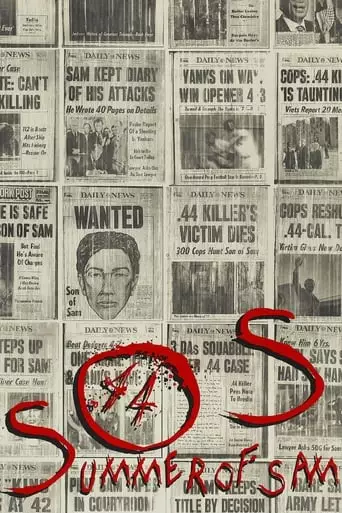
During the summer of 1977, a killer known as the Son of Sam keeps all of New York City on edge with a series of brutal murders.
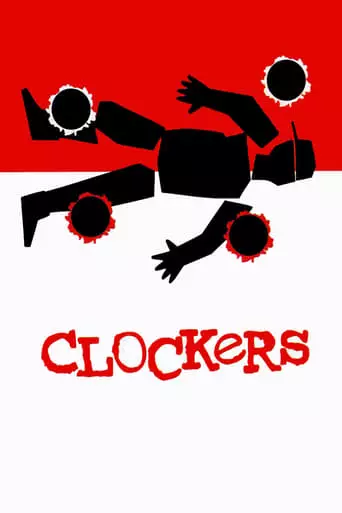
Strike is a young city drug pusher under the tutelage of drug lord Rodney Little. When a night manager at a fast-food restaurant is found with four bullets in his […]
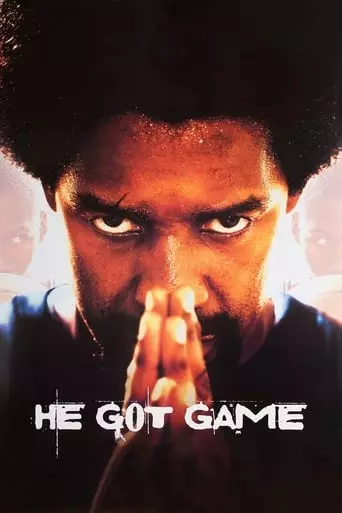
A basketball player’s father must try to convince him to go to a college so he can get a shorter prison sentence.
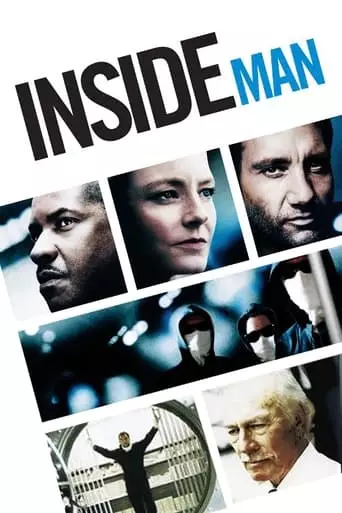
When an armed, masked gang enter a Manhattan bank, lock the doors and take hostages, the detective assigned to effect their release enters negotiations preoccupied with corruption charges he is […]
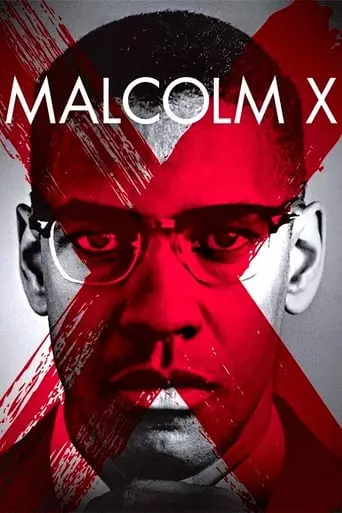
A tribute to the controversial black activist and leader of the struggle for black liberation. He hit bottom during his imprisonment in the ’50s, he became a Black Muslim and […]
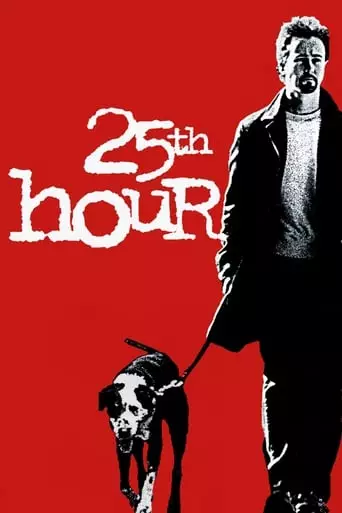
In New York City in the days following the events of 9/11, Monty Brogan is a convicted drug dealer about to start a seven-year prison sentence, and his final hours […]
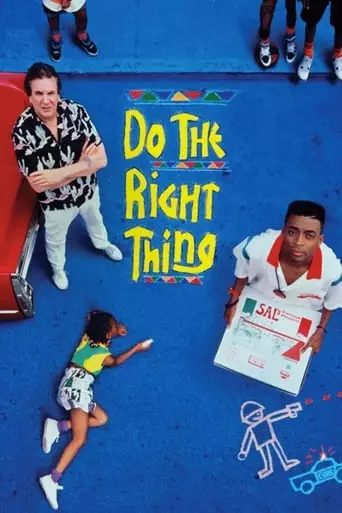
Salvatore “Sal” Fragione is the Italian owner of a pizzeria in Brooklyn. A neighborhood local, Buggin’ Out, becomes upset when he sees that the pizzeria’s Wall of Fame exhibits only […]
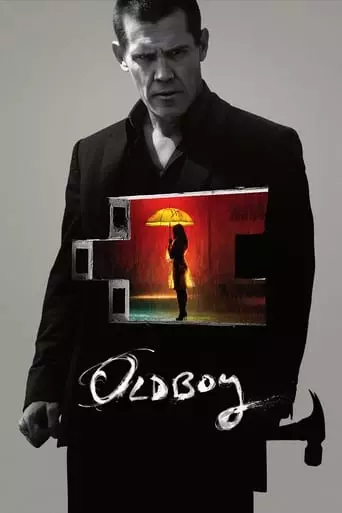
A man has only three and a half days and limited resources to discover why he was imprisoned in a nondescript room for 20 years without any explanation.
Spike Lee: A Visionary Voice in American Cinema
Spike Lee is one of the most influential and provocative filmmakers in modern cinema. Known for his unflinching exploration of race, identity, and social justice, Lee’s work is a blend of bold visual storytelling, incisive commentary, and deep cultural resonance. Over the course of a career spanning more than three decades, he has consistently pushed boundaries, challenged norms, and given a platform to underrepresented voices in Hollywood.
Early Life and Artistic Roots
Shelton Jackson “Spike” Lee was born on March 20, 1957, in Atlanta, Georgia. He was raised in Brooklyn, New York, where his surroundings deeply influenced his worldview and storytelling. The son of a jazz musician and a teacher, Lee was immersed in art and activism from a young age.
Lee attended Morehouse College, a historically Black institution, where he majored in communications. He later studied film at New York University’s Tisch School of the Arts, becoming the first student in the school’s history to have a graduate thesis film (Joe’s Bed-Stuy Barbershop: We Cut Heads, 1983) shown at Lincoln Center.
Breakthrough: She’s Gotta Have It
In 1986, Spike Lee burst onto the scene with She’s Gotta Have It, an independent film about a Brooklyn woman navigating her relationships with three very different men. Shot on a shoestring budget, the film was a critical and commercial success, grossing over $7 million and heralding the arrival of a bold new voice in cinema. Its vibrant depiction of Black life and its exploration of gender dynamics were groundbreaking, setting the tone for Lee’s career.
Signature Style and Themes
Spike Lee’s films are marked by their distinctive visual flair and narrative experimentation. He employs techniques such as direct-to-camera addresses, dynamic camera movements, and vibrant color palettes to heighten emotional impact. His use of music—especially jazz and hip-hop—plays a vital role in setting the tone and amplifying cultural significance.
Recurring themes in Lee’s work include:
Racial Inequality: Films like Do the Right Thing (1989) and Malcolm X (1992) confront systemic racism and its impact on individuals and communities.
Identity and Culture: Lee delves into the complexities of Black identity in America, celebrating its richness while exposing its struggles.
Historical Reflection: From 4 Little Girls (1997), a documentary about the 1963 Birmingham church bombing, to BlacKkKlansman (2018), Lee examines pivotal moments in history with a sharp, critical eye.
Key Films and Impact
Do the Right Thing (1989): Widely considered Lee’s masterpiece, this powerful exploration of racial tension in a Brooklyn neighborhood unfolds over the course of a single sweltering day. The film earned Oscar nominations and remains a touchstone for its unflinching examination of prejudice and social unrest.
Malcolm X (1992): This epic biopic, starring Denzel Washington, chronicles the life and transformation of the civil rights leader. The film’s scope, emotional depth, and Washington’s powerhouse performance make it one of Lee’s most ambitious works.
He Got Game (1998): A compelling story about a young basketball prodigy and his estranged father, the film blends sports, family drama, and social critique, with a memorable performance by Denzel Washington.
BlacKkKlansman (2018): This true story of an African American detective infiltrating the Ku Klux Klan is both a gripping thriller and a biting satire. The film won Lee his first competitive Academy Award (for Best Adapted Screenplay) and reaffirmed his relevance in contemporary cinema.
Challenges and Controversies
Spike Lee’s career has not been without controversy. His unapologetic approach to addressing race and politics has sparked debates, particularly regarding films like Jungle Fever (1991), which examines interracial relationships, and Bamboozled (2000), a scathing critique of media representations of Black culture.
Lee has also been outspoken about Hollywood’s systemic racism, often calling attention to the lack of diversity in the industry and the marginalization of Black filmmakers.
Legacy and Influence
As a filmmaker, writer, and producer, Spike Lee has left an indelible mark on the cultural landscape. He has paved the way for a new generation of Black filmmakers, inspiring artists like Ava DuVernay, Barry Jenkins, and Ryan Coogler.
Beyond cinema, Lee has contributed to academia and the arts. As a professor at NYU’s Tisch School of the Arts, he mentors young filmmakers, and his production company, 40 Acres and a Mule Filmworks, serves as a hub for creating authentic, powerful stories.
Conclusion
Spike Lee is more than a filmmaker; he is a cultural force. His commitment to truth-telling, his fearless exploration of difficult subjects, and his innovative storytelling have made him a beacon for independent cinema and social change. Whether tackling historical injustices, celebrating the richness of Black culture, or challenging societal norms, Spike Lee’s work continues to provoke, inspire, and resonate.